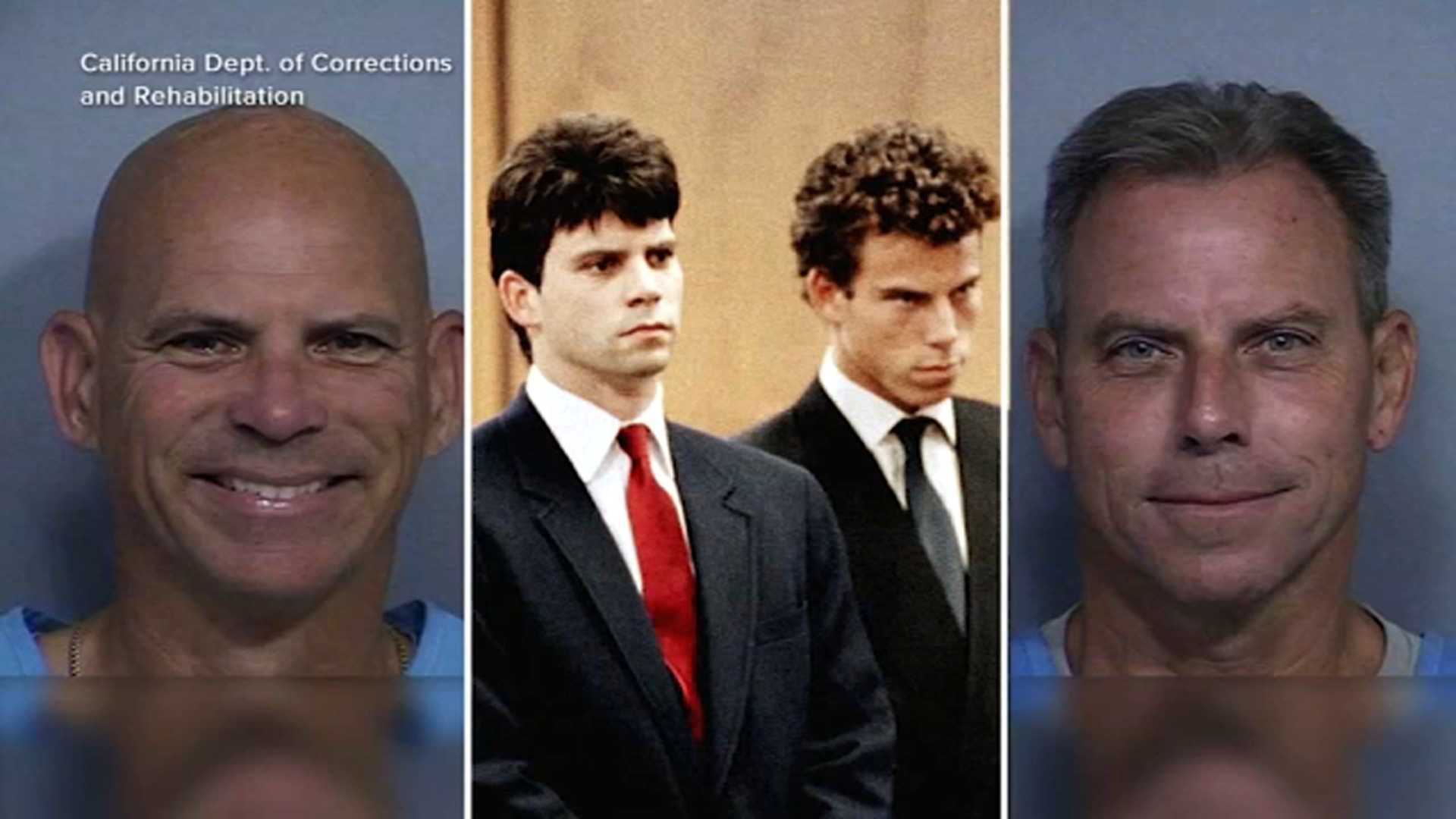News
Menendez Brothers Face New Denials in Highly Publicized Parole Hearings

San Diego, California — The Menendez brothers, Erik and Lyle, faced their parole hearings on August 21 and 22, amid intense media scrutiny and public interest. This is the latest chapter in a saga that has captivated audiences since their arrest in 1990 for the murders of their parents.
The brothers’ separate trials in 1993 were marked by sensational claims, including allegations of sexual abuse and witness tampering. Each man’s story attracted nationwide attention, and their trials became a fixture on cable television, especially following the O.J. Simpson case’s conclusion.
Despite the media circus surrounding their cases, a panel of commissioners ultimately denied each brother’s request for parole, citing concerns for public safety. They received the standard three-year denials, which are commonplace in California parole proceedings.
The presence of notable figures, such as California Governor Gavin Newsom’s spokesperson Diana Crofts-Pelayo, elevated the hearings’ notoriety, leading experts to comment on the performative nature of the events. “Sometimes the story or the myth behind the case comes to dominate the conversation,” said Hadar Aviram, a law professor at UC San Francisco.
More than a dozen supporters, including family members of the brothers, were expected to testify in favor of Lyle’s parole. However, the day prior, an unauthorized audio file of Erik’s hearing was leaked to the media, complicating the proceedings. Lyle’s attorney, Heidi Rummel, expressed frustration, stating, “It’s outrageous” that the parole board did not adhere to its own rules regarding media access.
During the hearings, both brothers presented themselves virtually, with each facing questions about their criminal history and prison behavior. Commissioner Robert Barton emphasized the purpose of the hearings was not to retry their case but to assess whether they pose an unreasonable risk to public safety.
The Menendez brothers argued their past actions were tied to trauma and abuse, a narrative that attracted sympathy but did not sway the board’s decision. Each brother’s history showed a mix of constructive achievements in prison and troubling violations, which the commissioners scrutinized heavily.
Despite their accomplishments, such as participating in educational programs and mentoring others, the board highlighted continued behavioral issues, such as using contraband cell phones, as significant concerns. This led to their ultimate denials.
Though their chances of release were limited this time, the commissioners noted that the recent hearings could lay groundwork for future evaluations. “This denial is … not the end,” Commissioner Garland said. Both brothers will have another opportunity for a hearing in 18 months.












